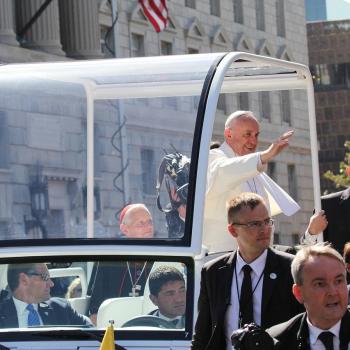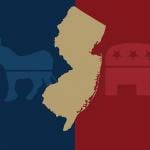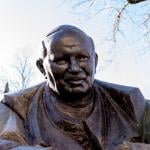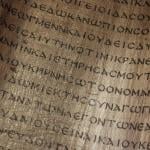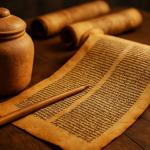MARK (listing no location) ASKS:
Why do so many journalists seem to think that the small (and dwindling) Episcopal Church is the most important of the “mainline” churches?
THE GUY ANSWERS:
Small? In the current “Yearbook of American and Canadian Churches” the Episcopal Church reports annual proceeds of $2 billion and an “inclusive” membership of 1,951,907, or #14 in size among U.S. religious bodies. Dwindling? For sure. It boasted 3,647,297 members in the peak year of 1966 (using a somewhat inflated headcount method). After decline, average Sunday attendance bottomed out in the 1990s through 2002 at around 850,000, but has fallen to 658,000 after the 2003 installation of its first partnered gay bishop, followed by schism and turmoil.
The headquarters research director asserted that through 2002 the Episcopal Church was the “healthiest” of the so-called mainline churches (defined as long-established, Protestant, predominantly white, ecumenical, and rather pluralistic in doctrine). All such groups have experienced ongoing net membership losses since the mid-1960s, including the American Baptist Churches, Christian Church (Disciples of Christ), Church of the Brethren, Presbyterian Church (USA), Reformed Church in America, United Church of Christ, United Methodist Church, and lately the Evangelical Lutheran Church in America.
Many think fuzziness or liberalism in belief explain this unprecedented mainline slide, considering that most biblically conservative groups continued to grow (though these may also face a troublesome future). But it’s more complicated. Mainline statistics are affected by lowering birth and marriage rates, increasing death rates and average ages, and losses of youngsters raised in these churches.
Important? In journalists’ defense, Mark has gotta admit the Episcopal Church makes news. Years ago we had heresy charges against a bishop (the hierarchy merely tut-tutted over his “tone”) and later inaction when a bishop turned even more contemptuous about Christian traditions. Also the Black Manifesto shakedown, battles over Prayer Book revision, illicit ordinations of the first female clergy, followed by official approval, followed by women bishops, a bishop’s trial for OKing gay clergy (the verdict said sexual morality isn’t “core doctrine”), failed efforts to overturn that policy, then gay bishops, nasty schisms with international and ecumenical reverberations, the church’s continuing legal combat to seize the properties of departing congregations and dioceses, a go-ahead for same-sex weddings in the celebrated D.C. cathedral, and assorted accomplishments and scandals along the way.
Admittedly the Episcopal Church grabs more media attention than, say, the mainline’s far bigger United Methodist Church or than conservative groups of comparable size (Assemblies of God, Churches of Christ, Lutheran Church — Missouri Synod). Perhaps Episcopalians are more tempestuous in handling their disputes. Or maybe the Episcopal mystique echoes Americans’ odd fascination with the royal family in the church’s mother country, England. No doubt the denomination has enjoyed cultural cachet, whether its Colonial heritage, wealthy and famed forebears, liturgical beauty, or artistic influence. Starting with George Washington, more U.S. presidents have been Episcopalians than members of any other denomination, most recently George H.W. Bush (though young George W. Bush switched to join Laura’s Methodists).
Another index of status is the church affiliations of U.S. Congress members. Episcopalians currently are outnumbered only by Catholics, Baptists, Methodists, and Presbyterians, with 7.3 percent of the ranks (compared with less than 1 percent of the U.S. population). However, as recently as the 1980s Episcopalians typically constituted 12 percent of the Congress, and today’s most prominent Episcopal member, Senator John McCain, has had more involvement with Southern Baptists.
(Full disclosure: The Guy has often worshipped with appreciation at Episcopal congregations, most recently last summer. And some of his best friends are Episcopalians.)






